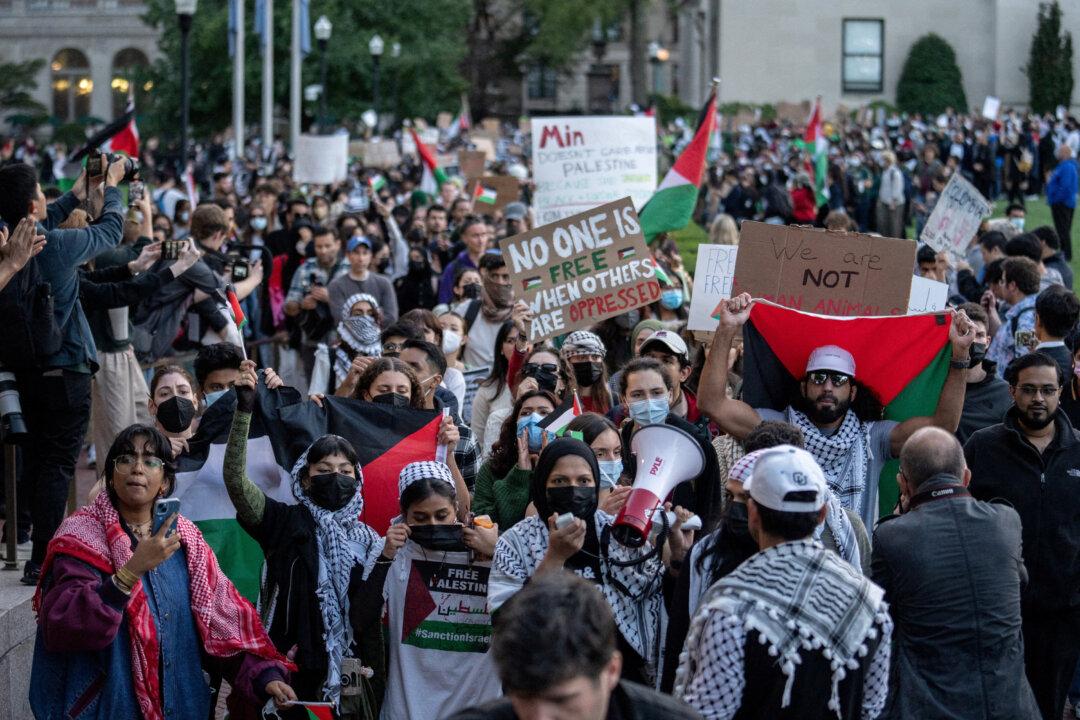Florida is facing its second federal lawsuit over a recent move to disband a pro-Palestinian student group at two of its top universities.
The University of South Florida (USF) chapter of the Students for Justice in Palestine (SJP) claims that the Oct. 24 order to disband its group—issued by Gov. Ron DeSantis and State University System chancellor Ray Rodrigues—is unconstitutional and an infringement on students’ rights to free speech.





